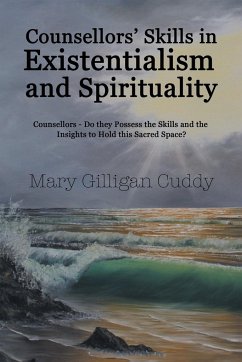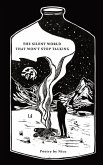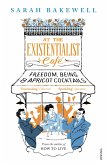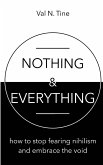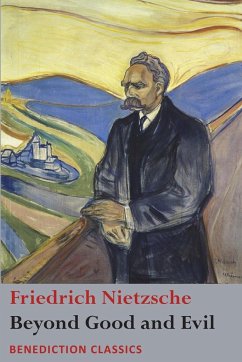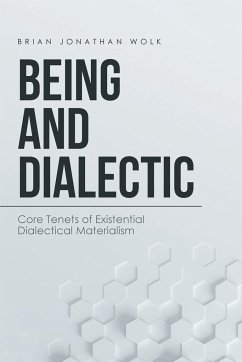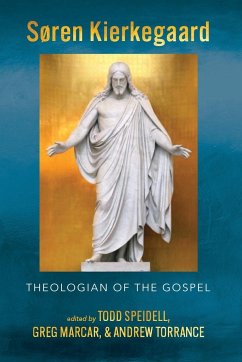This study examines an existential approach to therapy, one which appears to reflect and move in synchronicity with lifes flow, rendering it a highly valid and effective response to the existential anguish that has engulfed the mind-set of the twenty-first century. The writer endeavors to explore a number of key existential themes, such as death, freedom, isolation, and meaning. Existentialism presents possibilities and a freedom to be, emanating out of personal responsibility for ones life choices. The movement has evolved over the decades, and countless theologians, philosophers, and psychologists have built on the deposits of knowledge and life experience of our ancestors. The purpose of this research is to explore the theme of spirituality set within an existential framework and to examine the role of the counsellor in dealing with existential and spiritual concerns within this sacred space. The writer suggests that counsellors have a duty of care to explore spiritual and existential issues with the patient. Existential counsellors must explore in depth their own spirituality in order to fully understand the true nature of man. The writer values the existential emphasis on freedom and responsibility and the persons capacity to redesign his or her life by choosing with awareness. The effective counsellor can only lead or direct a client toward his or her spiritual core, leaving the ultimate decision with the individual whether to accept or reject this spiritual dimension. The writer suggests that it is the presence of spirit within the spiritual encounter that heals, transforming and integrating man into wholeness. The author urges the counsellor to humbly embrace this opportunity to explore and encounter the spiritual dimension within the therapeutic relationship as a core counselling objective.
Hinweis: Dieser Artikel kann nur an eine deutsche Lieferadresse ausgeliefert werden.
Hinweis: Dieser Artikel kann nur an eine deutsche Lieferadresse ausgeliefert werden.

